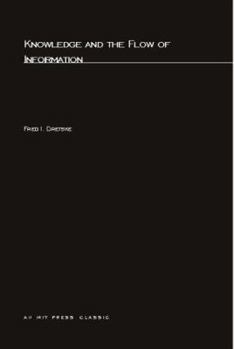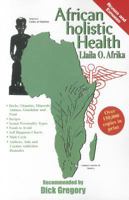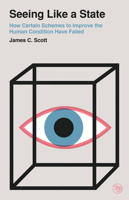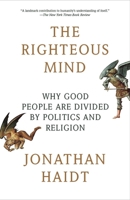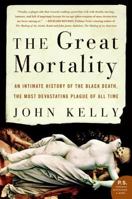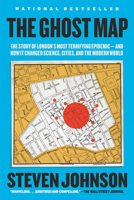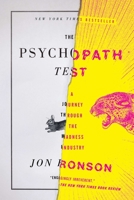Knowledge & Flow of Information
Select Format
Select Condition 
You Might Also Enjoy
Book Overview
Customer Reviews
Rated 5 starsa classic
~It's kinda nonsense to call a thought nonsense without any argument against it. It is in fact a totally sensible position (actually many great philosophers hold it) to consider meaning as quantifiable.This book is a classic of both epistemology and philosophy of mind. I don't agree with Dretske that our cognition is only concerned with digitalization, so that perception is mainly out of conceptualization. But the application...
0Report
Rated 5 starsAn excellent book
This book is a classic, well worth reading for those with any kind of interest in contemporary epistemology or the philosophy of mind. Dretske develops an ingenious and elegant theory of informational content, and then puts it to work giving information-theoretic analyses of knowledge, perception, beliefs and concepts. Not surprisingly, since he's tackling hard problems, there are difficulties with these, and Dretske himself...
0Report











